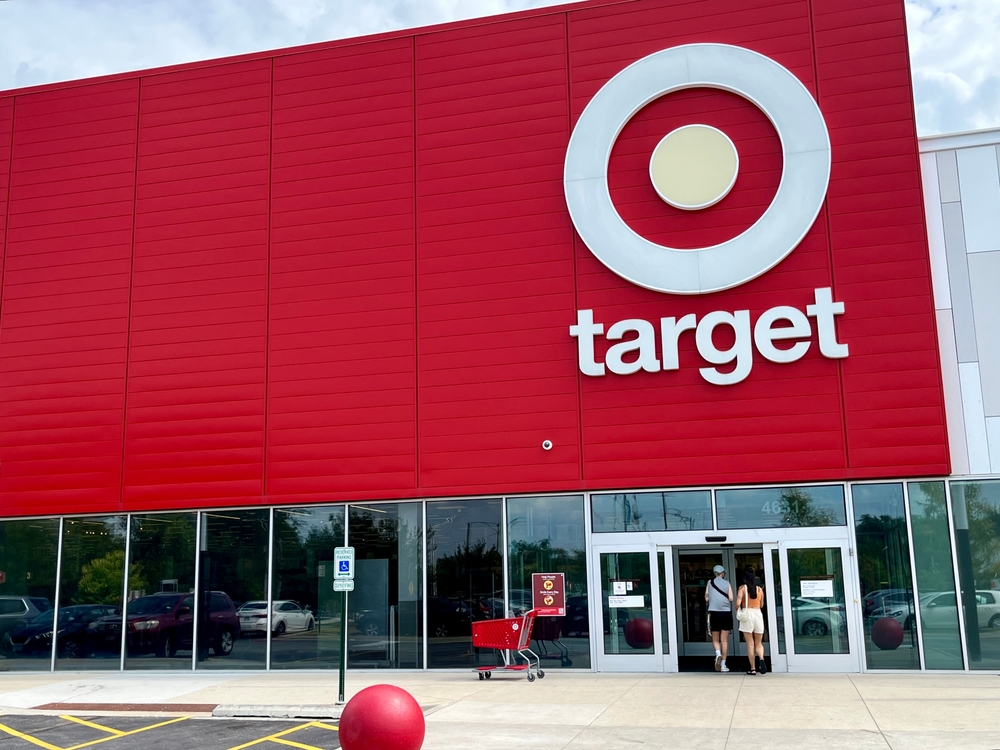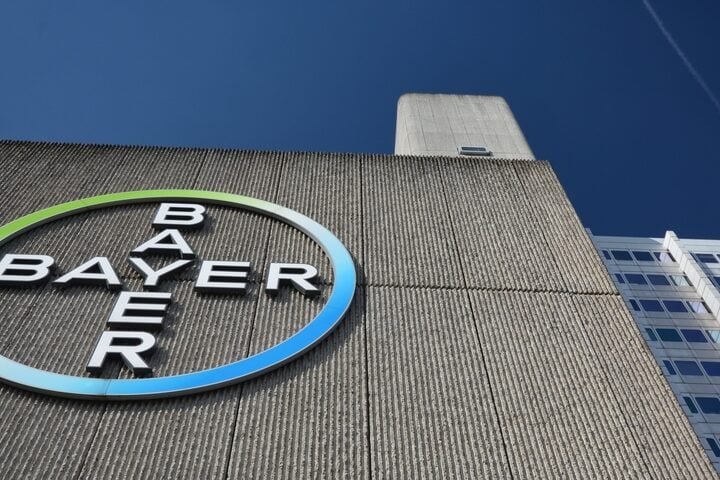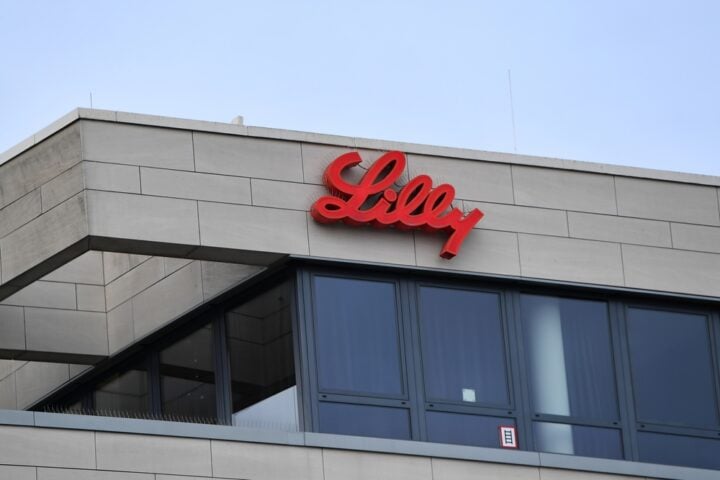Retailer seeks cost sharing as new duties loom
Target is reportedly asking some Chinese suppliers to absorb part of the costs tied to incoming U.S. tariffs, joining other major retailers like Costco and Walmart in attempting to blunt the impact of higher import duties.
With a 20% tariff on Chinese goods set to increase on April 2, pressure is mounting on exporters. One Chinese supplier of hairpins and claw clips said Target requested they “pick up half the costs of the tariffs.” After failed negotiations, the supplier experienced delays and ultimately lost Target’s business. The company has not responded to media inquiries.
Shift in sourcing and retail strategy
Target says it has cut its reliance on Chinese imports, reducing exposure from 60% to 30%. While the company does not operate stores in mainland China, it continues to source a substantial portion of goods from the country. In contrast, Walmart operates over 330 stores in China, while Costco maintains just seven.
Despite this pivot, Target CEO Brian Cornell warned of unavoidable price hikes, especially on fresh produce like bananas, avocados, and strawberries. He emphasized that the company is actively “scenario planning” to mitigate the effects of new tariffs on consumers.
Operational and political headwinds
Target is also grappling with other challenges. The company recently slashed corporate employee bonuses, citing weaker consumer spending and inflationary pressures. In March, it issued a cautious earnings report pointing to ongoing uncertainty tied to U.S. trade policy.
Additionally, the company has faced backlash over its reduced Diversity, Equity, and Inclusion (DEI) initiatives. The decision triggered lawsuits from shareholders and the state of Florida, alongside a 40-day consumer boycott. These developments have contributed to falling foot traffic and intensified scrutiny of the brand’s image.







